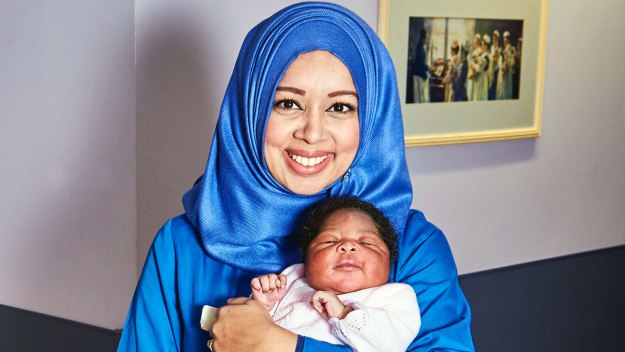Events
Conferences, talks & workshops for PGRs
- This event has passed.
BCMCR Research Seminar: Norms and transgressions

Screen cultures: Norms and transgressions
Dr. Anne Graefer (BCU) and Dr. Ranjana Das (University of Leicester) | ‘Who on earth watches this?!’: Offended Television Audiences in Britain and Germany
This paper explores some findings from our forthcoming book ‘Provocative Screens: Offended Audiences in Britain and Germany’ (Palgrave Pivot 2017). In our audience study we explored how audiences in Britain and Germany react to television content they find offensive. We suggest that in times of heightened nationalism and populism across Europe and the US we need to better understand the role of ‘offence’ in media and society more widely. Analysing audiences’ responses to content that offends them (and we complicate the terrain of offence further on) challenges assumptions about the nature of offensive material that is taken for granted by policy makers, politicians, educators and the general publics.
Dr Sara De Benedictis (Brunel University) | ‘Pained’ mothers and ‘useless’ fathers: Reacting to heterosexual birth narratives in One Born Every Minute
Channel 4’s primetime show One Born Every Minute (2010-) underscores that British society is witnessing an unprecedented display of maternity (Tyler & Baraitser, 2013). Some scholarship unpicks how contemporary representations of birth (re)produces ideologies around the ‘good’ middle-class maternal subject. Less work considers the representation of the largely heterosexual relationships and dynamics that frame these narratives and what social norms these create around birth, motherhood, fatherhood and heterosexual intimacy. This paper explores the intimate relationships that frame televisual birth and a group of women’s reactions to these representations through an audience reception study. I argue that the construction of intimate relationships through birth sees norms emerge that foster inequality under postfeminism, but that these representations also offer some viewers a vehicle to voice discontent with gendered inequality in their own lives.
Dr Anne Graefer is Lecturer in the School of Media at BCU and member of the Birmingham Centre for Media and Cultural Research. She researches the affective and sticky dimensions of media, especially in relation to questions of gender and social inequality. Her research is published in in journals such as Celebrity Studies, the European Journals of Popular Culture, Ephemera and the Journal of Popular Culture. She is co-author of the book ‘Provocative Screens: Offended Audiences in Britain and Germany’ (forthcoming with Palgrave Pivot in 2017).
Sara begins a Lectureship in media and communications at Brunel University London in May 2017. She completed her ESRC-funded PhD at King’s College London in 2016 where she explored representations and reactions to birth on television. Sara has worked on research projects about motherhood, birth and media at the University of Nottingham and the London School of Economics and she has taught on media studies, cultural studies and sociology at various universities. Sara’s research interests are in gender, postfeminism, birth, class, austerity and media.
Free registration at this link